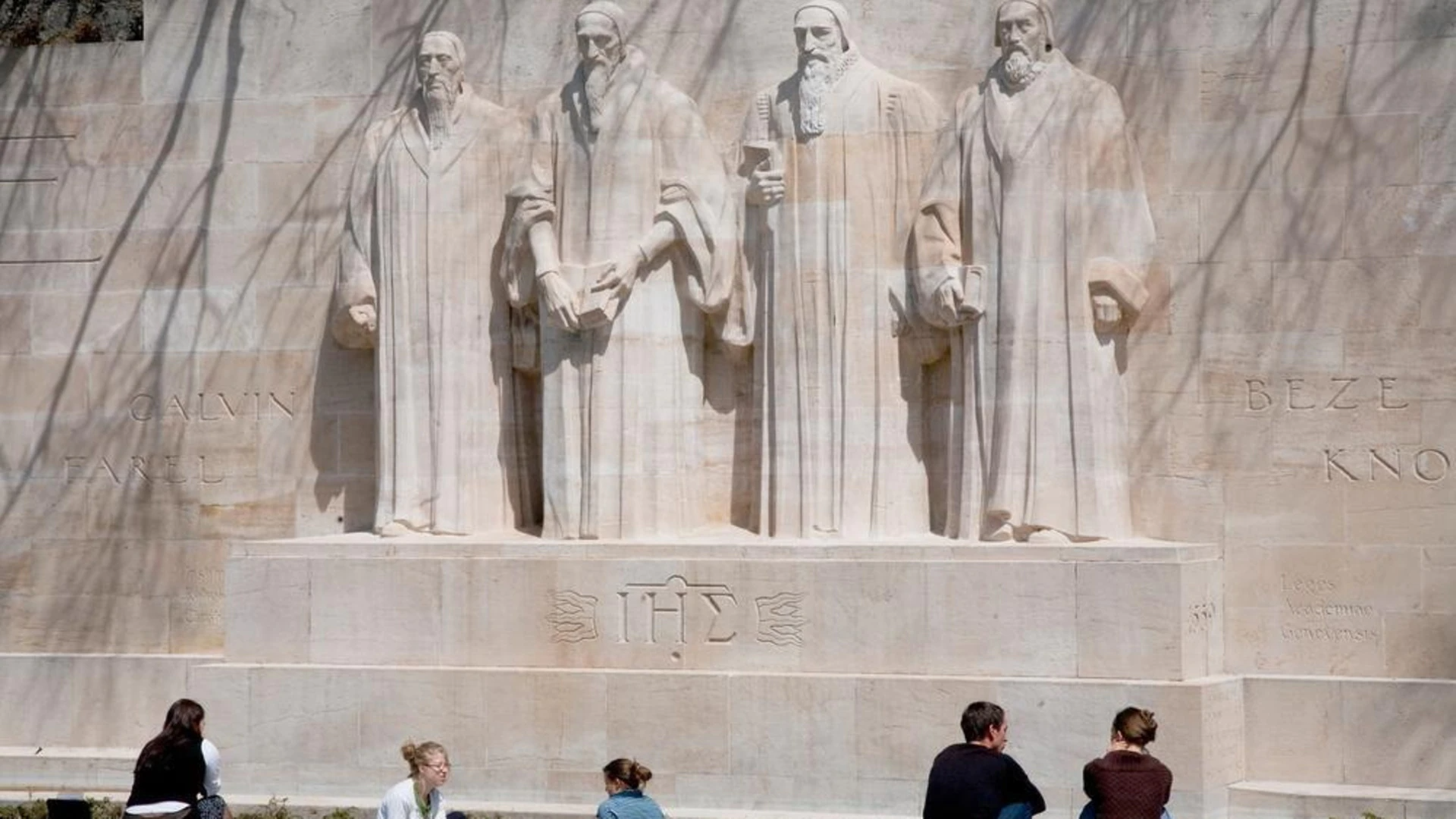Geneva wasn’t always as quaint and quiet as it appears today – far from it. On the walls of every quaint cottage in town there lies a rich, patchwork tapestry of secrets, each stitch another mark on the fabric of history. From the Protestant Reformation to the United Nations, our quaint and dreamy city has always been on the bleeding edge of history.
Humble Beginnings
The first appearance of Geneva in recorded history dates back to the Holy Roman Empire, where it was settled in 58 B.C. Geneva quickly grew into an important trading town in the heart of Europe during the Middle Ages due to its fruitful land and strategic location, but this also meant the city was a major target of conquest. It was passed back and forth between empires for years before eventually establishing itself as an independent republic in 1535. In 1602, the people of Geneva rebelled against an attempted invasion by the Duke of Savoy, finally cementing their independence as a nation. Today, L’Escalade is still celebrated every December with a grand festival in commemoration of the people of Geneva and their refusal to back down, always willing to do what’s right.
A Home for Craftsmen
After the repeal of the Edict of Nantes, Geneva once again stuck its neck out for the marginalized, becoming a safe place for persecuted Protestants who flocked to its gates during the reformation. Attracted by the teachings of Swiss philosophers like John Calvin, John Knox and Theodore de Beze, Geneva’s refugee population exploded, earning the city the title “Protestant Rome”. With this explosion of refugees came watchmakers, jewelers, and other artists and craftsmen whose passion and technical skill would put Geneva on the map for its watches, wine, and wonders untold. This influx of beauty attracted the rich aristocrats of the day, who decorated its face with grand monuments. Voltaire, Jean-Jacques Rousseau and other philosophers and artists soon followed, and the city only grew in prosperity.
On The World Stage
From the early 1800s on, Geneva was constantly at the forefront of history, making strides in technology, politics, and all other fields. AN early leader of the European Industrial Revolution, Geneva was booming with business and commerce. In 1864, Henry Dunant founded the Red Cross in Geneva, which laid the groundwork even further for the city’s reputation as an international hub and champion of human rights.
Of course, we all know what comes next. The Geneva Convention, a foundational document dictating what is and is not ethical during wartime, was signed in 1929 (shortly after the first convening of the League of Nations in 1920). The European Headquarters of the United Nations was opened in 1946, and Geneva’s name was forever written into the history books as a site of great historical significance
Today, Geneva is a product of the best of its history. From its impact on humanitarian issues to its spectacular watchmaking skills, the rest of the world could learn a lot from this sleepy city.


